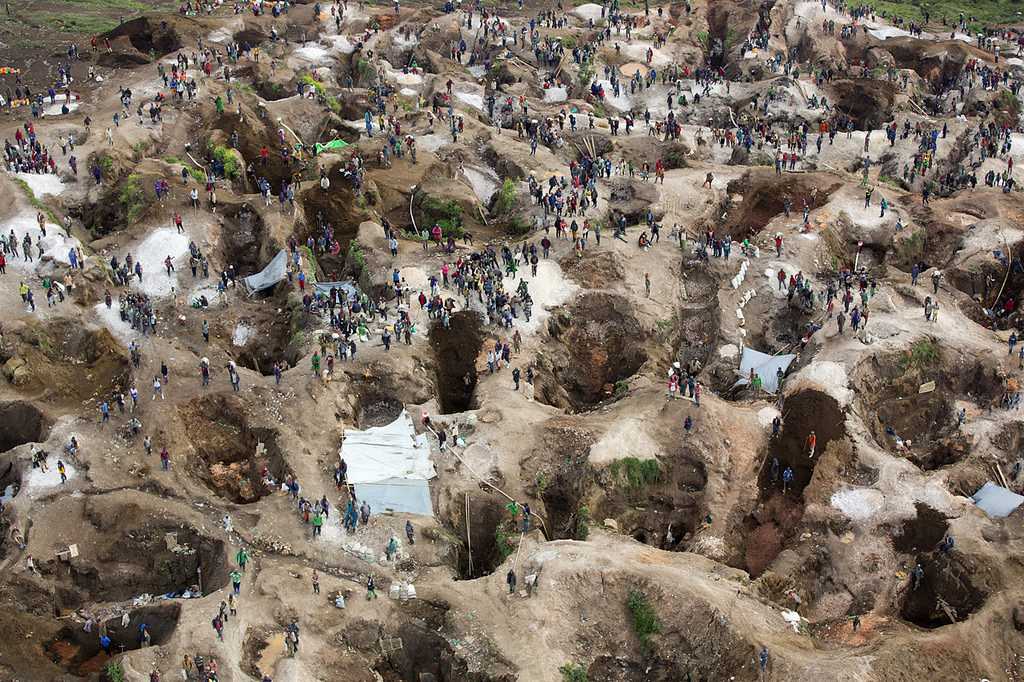Despite claims of increasing sustainability, almost 80pc of tech companies in the US, including Apple, have been found to be lacking in monitoring whether minerals used in production are sourced from conflict zones.
The findings have been published in a report entitled Digging for Transparency that analysed 100 different conflict mineral reports filed by companies, including Apple, Boeing and Tiffany & Co.
These reports are filed by companies under a US law designed to reduce the risk that the purchase of minerals from central Africa contributes to conflict or human rights abuses.
Much of the focus on where conflict minerals are sourced is on the vast central African nation of the Democratic Republic of Congo (DRC), where valuable minerals including gold, tin, tungsten and tantalum are harvested by US tech companies because of their importance in the production of electronic devices, such as smartphones and laptops.
The report, which was compiled by Amnesty International and Global Witness, highlighted that, over the last 15 years, armed groups in eastern DRC have found their way into influencing the country’s mining sector to finance their operations, committing gross human rights abuses in the process.
Other findings of the report show that the companies are not doing enough to map out the supply chain of the minerals they purchase, with only 16pc going beyond their direct suppliers to contact, or attempt to contact, the smelters or refiners that process the minerals.

A vast coltan mine near Rubaya, North Kivu in the DRC. Image via MONUSCO/Sylvain Liechti
Also, more than half of companies sampled were shown to have not been reporting to senior management when they identify a risk in the supply chain.
Apple’s appearance on the list of offending companies comes somewhat as a surprise given their praise from organisations including Greenpeace for their environmental sustainability efforts and claims of ethical sourcing of minerals.
“Consumers want to know what lies behind the logo. Companies are under pressure to show they leave no stone unturned in their efforts to make sure products on the shelf don’t hide a terrible story of conflict and human rights abuse. A box-ticking exercise just won’t cut it,” said James Lynch, head of the Business and Human Rights Team at Amnesty International.
“Companies that shed light on their supply chains help prevent a harmful mineral trade that contributes to a conflict devastating central Africa.”
Miners in the DRC image via Responsible Sourcing Network/Flickr